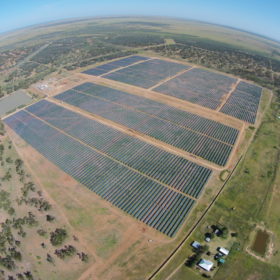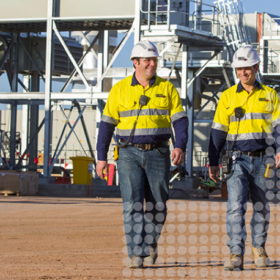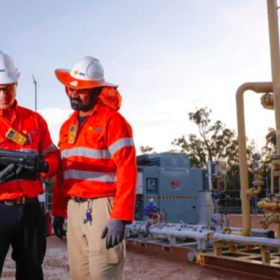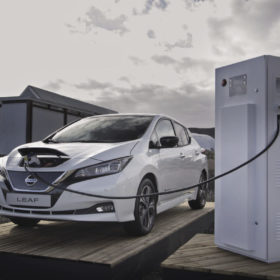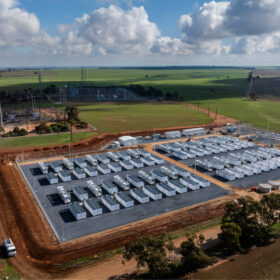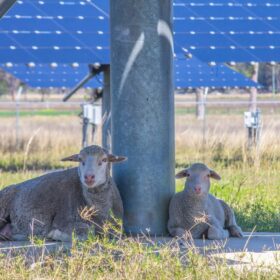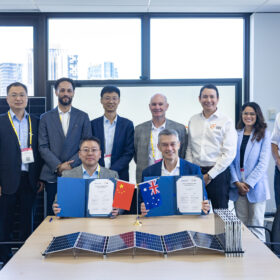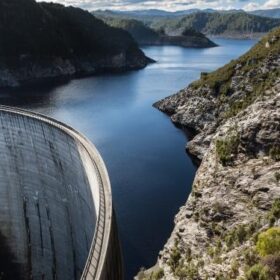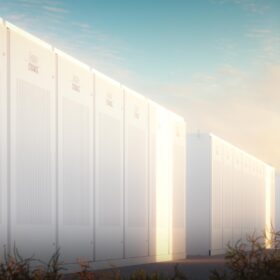Queensland launches $19 million hydrogen strategy
The Queensland government has launched a five-year plan to help drive the development of a renewable hydrogen industry and create more highly skilled jobs and export opportunities.
China confirms $435m solar subsidy budget for this year
The race is on to process applications for central payments across the world’s biggest solar market, particularly as qualifying projects must reportedly be grid connected this year. The final electricity price will be a major competitive factor considered by the Beijing authorities.
PV leads the way as renewables threaten coal-fired power
With clean energy being generated at lower and lower prices around the world, solar power is playing a leading role in bringing the curtain down on coal, and will help the decarbonization of transport and space heating too.
Queensland government to appeal solar farms ruling
The Queensland government will attempt to reverse a Supreme Court of Queensland ruling to invalidate recently introduced regulations relating to solar farms larger than 100 kW and apply for a stay of the controversial safety measures.
WA EPA to open consultation on emissions guidelines
The Western Australian Environmental Protection Authority (WA-EPA) has announced that it will open its greenhouse gas guidelines on June 10, 2019, for public and stakeholder consultation. Its earlier moves to incorporate greenhouse emissions into its evaluation process for resource-industry projects met with strong pushback from the state’s powerful mining lobby.
Transpacific partnership aims to accelerate green hydrogen uptake
Australia’s national science agency CSIRO and Canada’s University of British Columbia have announced a memorandum of understanding aimed at accelerating clean hydrogen technologies.
Supreme Court rules Queensland solar installation regulation invalid
The Supreme Court of Queensland has ruled that a state government regulation requiring licensed electrical workers to mount and fix unplugged solar panels is invalid.
Protectionist measures working as Chinese export destinations shift
While the world’s biggest solar manufacturers are confident there are plenty of alternative markets for a rising volume of panel exports, the message spelled out by first-quarter shipment figures is that protectionism works.
Upstream majors to lead the charge in renewables investment
Renewable energy investment in the APAC region, excluding China, will overtake spending on oil and gas exploration and production spending by 2020, finds Norwegian consultancy Rystad Energy. And Australia is set to emerge as one of the leading investment destinations.
Global electric car fleet may reach 250 million by 2030
The International Energy Agency says more than 2 million electric vehicles hit the road last year, to take the total to more than 5 million. The agency has stressed the importance of public policy, charging infrastructure and a fall in costs for continued EV uptake, and says up to 43 million EVs could be sold in 2030.



